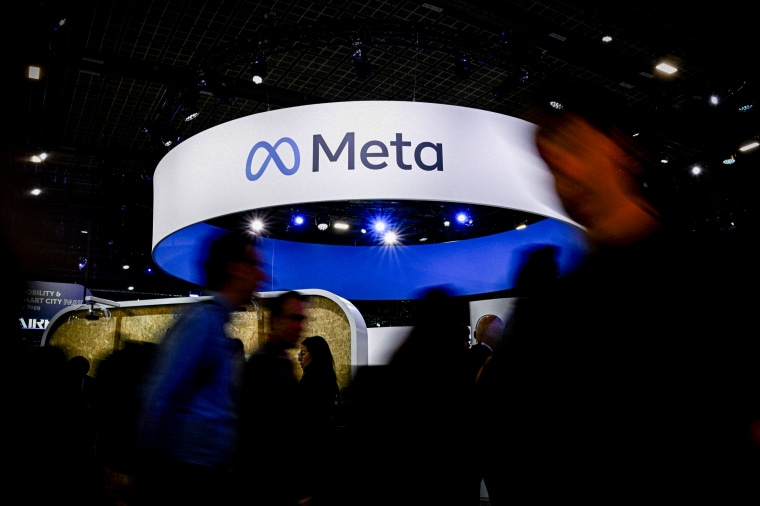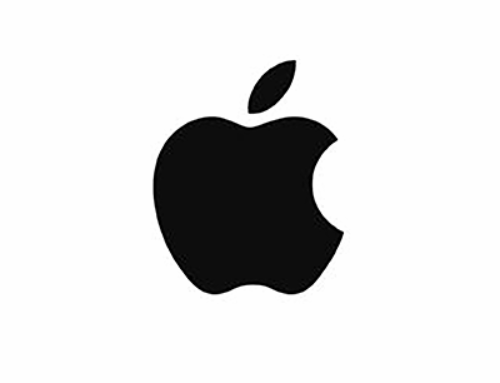Under-16s lose access to Instagram and Facebook in Australia ahead of landmark social medi
November 20, 2025
Meta announced Thursday that it will close the Instagram and Facebook accounts of Australian users under age 16 early next month as the country’s landmark social media ban begins to take effect.
The California-based tech giant said it had begun notifying affected users to download their contacts and memories before their accounts are deleted from its platforms, starting from Dec. 4, sparking concerns about potential privacy violations and shrinking spaces for young people.
The world-first law comes as lawmakers across the globe wrestle with the impacts of teens’ internet access, with the European Union also considering age restrictions on social media use, while the U.K. has imposed mandatory age checks for sites likely to contain adult content.
Australia has earned a reputation for confrontations with Silicon Valley giants, with a past showdown forcing tech companies to pay for news content used on social media. The country has also weighed rules punishing tech giants for spreading misinformation, and has rejected calls for AI-friendly changes to copyright law.
Meta said in a statement Thursday that it would kick off users it understands to be under the age of 16 using “age assurance methods” by Dec. 10, when Australia’s new law comes into effect. Teenage users can have their access restored once they turn 16, the company said.

TikTok, X, Snapchat and Reddit are also set to be age-restricted under the law, according to a list shared by Australia’s eSafety Commissioner agency, while YouTube will restrict underage users to a child-friendly version.
Messaging apps like Meta’s WhatsApp and Messenger platforms are excluded from the ban.
Meta said that accurately determining a user’s age would prove “a challenge for the entire industry,” stressing that Australian authorities recognize the likelihood of “natural error margins.”
Users above 16 who are mistakenly affected can verify their age by uploading a government-issued ID or a video selfie, similar to the age check tools already rolled out in the U.K.
Australian lawmakers cited the impact of excessive use on children’s physical and mental health as they pushed through the law cutting off social media access to under-16s last year. A YouGov poll last year found that 77% of Australians supported the legislation.
Under the ban, social media platforms bear sole responsibility for enforcement, with systemic failures punishable by fines of up to $33 million.
About 96% of children ages 10 to 15 in Australia have used social media, according to a July report by the eSafety Commissioner. Nearly 350,000 Australian kids ages 13-15 use Instagram, official data showed.
Earlier this month, Australian Prime Minister Anthony Albanese said he is “confident” that the ban will be “successful,” defending it as an “appropriate government response” to demands from parents rather than a top-down order.
“That’s the history of social change for common good,” Albanese told Australian public broadcaster ABC News. “This will empower parents to talk with their kids.”
However, experts have voiced concerns about the practicality and possible harms that may arise.
Meta will use AI tools to estimate the age of existing users, possibly leading to errors and misidentification, said Rahat Masood, a senior cybersecurity lecturer at the University of New South Wales in Sydney.
Signals such as a user’s likes and interests “help the platform ‘guess’ a user’s age, but they are never 100% accurate,” Masood said, especially given that adolescents are the “hardest age group to estimate accurately,” as their demographic cues are “not stable.”
Australian authorities have “no transparent framework” for auditing tech companies’ age verification systems and there is a “real risk of privacy violations,” Masood said.
Many teenagers will look for workarounds such as VPNs to set up accounts in other countries or will use borrowed accounts, said Faith Gordon, an associate professor at the Australian National University’s School of Law.
“The greater concern is that some teenagers may drift toward far less regulated corners of the internet, including encrypted networks or the dark web, simply to stay connected,” Gordon said.
“These spaces carry significantly higher risks, from exposure to harmful content to exploitation, and they are far harder for parents, educators and regulators to monitor and keep track of,” she added.
Andrew K. Przybylski, a professor of human behavior and technology at the University of Oxford, said he hopes the rest of the world won’t follow in the footsteps of Australia in issuing an “outright ban” of social media for young people.
“It’s really a shame,” Przybylski said, noting that similar social media bans “sound good but always backfire” by closing off “an important outlet for self-discovery and expression” for young people.
“I am not waiting until our kids turn 16 to use social media,” he added. “Kids need our advice, guidance and feedback. They’re way more likely to fully engage with us before they turn 16.”
Search
RECENT PRESS RELEASES
Related Post




